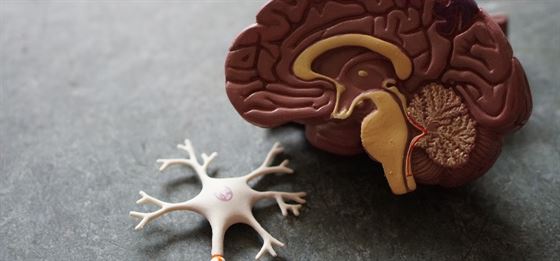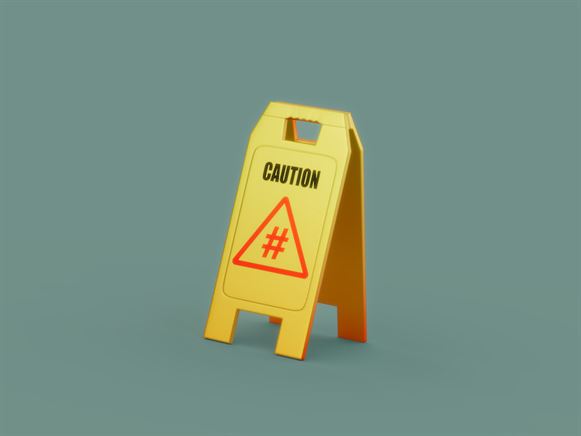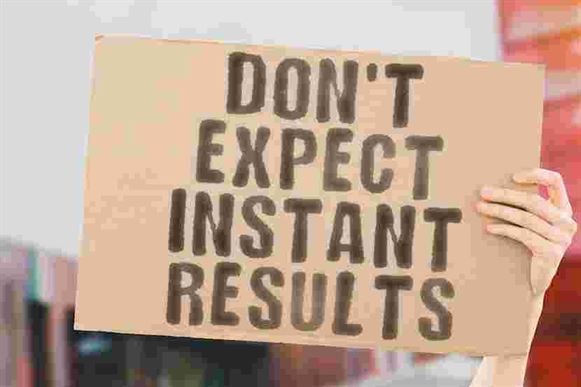
Why We Struggle to Quit Addiction

Why We Struggle to Quit Addiction
A question that echoes in the minds of millions: "Why can't I just quit?". We see the negative consequences, and the yearning for a better life, yet addiction holds us captive with its tenacious grip. The answer, however, isn't as simple as flipping a switch. Whether it's substance abuse, gambling, or other compulsive behaviours, the difficulty in breaking free from the shackles of addiction often stems from a failure to address the core issues and triggers that underlie the addictive behaviour. In this article, we will explore why change is so challenging, the importance of identifying and addressing the root causes of addiction, and healthy strategies for quitting and monitoring progress.
Understanding addiction
Beneath the surface lies a complex web of factors, intertwined with our emotions, identities, and even biology.
Often, the roots of addiction lie buried in unresolved trauma, chronic stress, or mental health struggles. We turn to substances or behaviours as crutches, seeking escape, comfort, or even a distorted sense of control. Over time, these crutches become chains, hijacking our brain's reward system and making us crave escape more desperately.
The effects of addiction ripple through our lives, impacting not just our physical health but also our relationships, careers, and mental well-being. The fear of withdrawal, the shame of our actions, and the constant battle with cravings can feel utterly overwhelming, leading to a paralyzing sense of helplessness.
Failure to Address Core Issues and Triggers
One common reason individuals struggle to quit their addiction is the failure to address the underlying core issues and triggers that fuel the behaviour. Addiction often serves as a coping mechanism, providing a temporary escape from emotional pain, stress, or unresolved trauma. Without acknowledging and addressing these root causes, attempts to quit may only scratch the surface, leaving the deeper issues unexplored and unresolved.
Our addictions rarely exist in a vacuum. They often serve as coping mechanisms for deeper issues like:
- Traumatic experiences: Unhealed pain from events like abuse, neglect, or loss can trigger addictive behaviours as a way to numb emotional distress.
- Mental health conditions: Anxiety, depression, and PTSD can create a desperate need for escape, leading to substance abuse or other addictive behaviours.
- Low self-esteem: A negative self-image can fuel the need for validation or distraction, driving addictive behaviours as a way to feel better about ourselves.
- Social pressures: Unhealthy environments or peer pressure can contribute to the adoption of addictive habits.
Ignoring these core issues while solely focusing on quitting leaves the root of the problem unaddressed, making relapse incredibly likely.
But we are not without power. Quitting an addiction is a journey, not a destination, and every step forward, even when it feels like two steps back, is a victory. The key lies in understanding the core issues driving addiction. What are the unmet needs, underlying anxieties, or past experiences fueling the fire? Addressing these triggers head-on, through therapy, support groups, or self-reflection, empowers us to develop healthier coping mechanisms and break the cycle.
Here are some steps towards healthy recovery:
So, how do we successfully escape the clutches of addiction? The journey to recovery is rarely linear, but these steps can be a guiding light:
- Self-awareness: The first step is acknowledging the addiction and its impact on your life. Identify your triggers, the emotions that fuel your cravings, and the underlying issues that may be driving your behaviour.
- Seek support: No one should fight addiction alone. Reach out to professionals like therapists or addiction specialists who can provide guidance and support through the withdrawal process and address the underlying issues.
- Build healthy coping mechanisms: Develop alternatives to your addictive behaviour that help you manage stress, difficult emotions, and triggers. This could include mindfulness practices, exercise, journaling, or connecting with supportive communities.
- Celebrate small victories: Recovery is a marathon, not a sprint. Acknowledge and celebrate every step you take, no matter how small. Each day without your addiction is a victory.
- Seek professional help when needed: Relapse is unfortunately a common part of the recovery process. Don't be discouraged; reach out for help if you slip up. It doesn't erase your progress, and it doesn't mean you're a failure.
- Build a Support System: Surrounding oneself with a supportive network of friends, family, or support groups can make a significant difference. Having people who understand the challenges of quitting and provide encouragement can be a powerful motivator.
- Practice mindfulness: Techniques like meditation and deep breathing can help manage cravings and emotional intensity.
- Celebrate small wins: Acknowledge and celebrate your progress, no matter how small it may seem.
- Don't give up: Relapses are a part of the recovery process. The important thing is to learn from them and recommit to your journey.
- Join a support group: Connecting with others who understand your struggle can offer valuable encouragement and accountability.
- Identify your triggers: Learn what situations, emotions, or people make you crave addictive behaviour and develop strategies to avoid them.
- Focus on self-care: Prioritize healthy sleep, exercise, nutrition, and activities that bring joy and relaxation.
Monitoring Progress: Staying on Track
Monitoring your progress is crucial to stay motivated and adjust your approach when necessary. Some helpful markers include:
- Frequency and intensity of cravings: Are your cravings becoming less frequent and intense?
- Ability to resist triggers: Are you able to navigate past situations that previously triggered your addictive behaviour?
- Improvement in overall well-being: Are you experiencing decreased anxiety, depression, or other negative symptoms that may be linked to your addiction?
Quitting an addiction takes time. There will be moments of doubt, setbacks, and intense cravings. But by addressing the underlying issues, embracing support, and cultivating self-compassion, you can break free from the chains of addiction and reclaim your life. Remember, you are not alone. You can find the strength to heal and reclaim your true self with courage, commitment, and the right tools.
Articles
Build your awareness and get inspired with our researched articles on how you can strengthen your well-being
Popular Topics
An OTP has been sent to the email address
provided.
Please check your Inbox and Spam folders.

What Would You Like to Speak with a Specialist About?
Mental Fitness Journey starts Now!
Chearful Connects you with Top-tier Qualified Wellness specialists for the Price of a cup of Coffee!

Next Steps
- A Client Team member will reach out to you to schedule a session with the most suitable specialist.
- You will receive an email with a 10% Discount Code* for your 1st session.
- We invite you to Explore the Platform & Sign Up today! *Upto a maximum of $10 discount on a session purchased




 3189 Read
3189 Read



.jpg)








.png)

.jpg)

.jpg)



.jpg)






























.jpg)

























